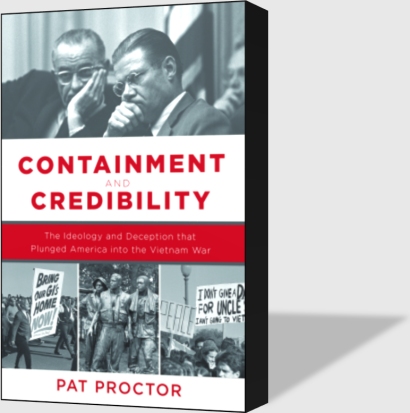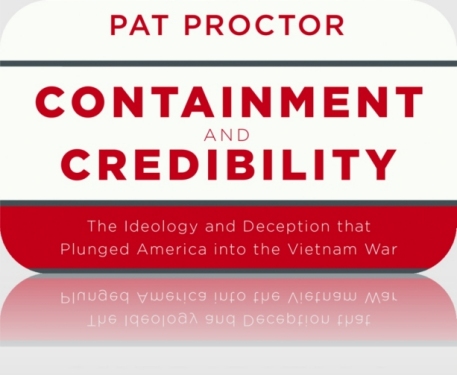The United States is in the grips of a new foreign policy
ideology—the War on Terror. According to this ideology, Islamic
extremists must be defeated abroad before they can perpetrate terrorist
attacks inside the United States. This ideology was forged in the fires
of the World Trade Center and the Pentagon on 11 September 2001. This
ideology blossomed in the days after 9/11, as anthrax-laden letters
arrived at Congressional offices and newsrooms, as shoe bombers and
underwear bombers boarded planes to conduct further attacks. It has
reshaped what infringements the American people are willing to accept on
their liberties as they board planes, talk on their cell phones, or use
the Internet. This ideology has also spawned two wars, the war in Iraq
and the war in Afghanistan, that have cost the United States trillions
of dollars and over 6,000 American lives. And, as this work is being
written, the War on Terror ideology has embroiled the United States in
yet another war, this time in Iraq and Syria against the heirs to al
Qaida in Iraq—the Islamic State in Iraq and Syria (ISIS).
Fifty years ago, the Cold War ideology of containment was no less
powerful. This ideology was forged in the fire of World War II, the
bloodiest conflict in the history of mankind. It blossomed in American
politics amid fear of atomic annihilation and paranoia about Communist
infiltration in the 1950s. By 1964, an entire generation had grown up
knowing no other framework for public debate over foreign policy; the
American public believed that it was necessary to contain Communist
expansion, using military force if necessary. President Johnson tapped
into this ideology when he insisted that Communists were trying to
expand into Southeast Asia through South Vietnam—the so-called domino
theory—and had to be opposed by force. The resulting war lasted more
than eight years and cost nearly 60,000 American lives.
Containment and Credibility is the story of the American
political debate over the course of the Vietnam War. President's Lyndon
Johnson and Richard Nixon used the ideology of containment—and
occasionally outright lies—to perpetuate the war in Vietnam. Initially,
opponents of the war in Congress, the media, academia, and the antiwar
movement attacked the ideology of containment or its application to the
war in Vietnam. But, as this book shows, these efforts failed to
convince the American public to oppose the war. In 1968, a few
opponents of the war switched tactics, instead attacking President
Johnson's credibility. This new tactic was so effective that other
opponents of the war quickly followed suit. Ultimately, this
tactic was so successful that it ended the war and permanently altered
the way Americans debated military interventions.
About the Author
Pat Proctor is a US Army field artillery lieutenant colonel with over
twenty-two years of active service. In 2007, he served in Iraq as a member of
General Petraeus’ and Ambassador Crocker’s Joint Strategic Assessment
Team, mapping the future for post-surge Iraq. Pat returned for a second
tour, in Northern Iraq, as a battalion operations officer in the 1st
Infantry Division. Lieutenant Colonel Proctor also deployed to Afghanistan as the chief
of plans for the 1st Infantry Division.
Lieutenant Colonel Proctor holds a doctorate in history from Kansas
State University. He also holds masters of military arts and
sciences for strategy and theater operations from the US Command and
General Staff College and the School of Advanced Military Studies,
respectively.
Pat is the author of
Task Force Patriot and
the End of Combat Operations in Iraq (Government Institutes
Press, 2011), an account of his deployment to Iraq from 2009 to 2010. Other recent publications include “Message versus Perception during
the Americanization of the Vietnam War” (The Historian, Spring 2011),
“Fighting to Understand: A Practical Example of Design at the Battalion
Level” (Military Review, March-April 2011), and “The Mythical Shi’a
Crescent” (Parameters, Spring 2008 and
Iran International Times, 23 May
2008).
To learn more about Pat Proctor and his other works,
click here. |

|

